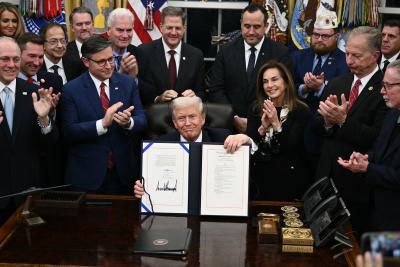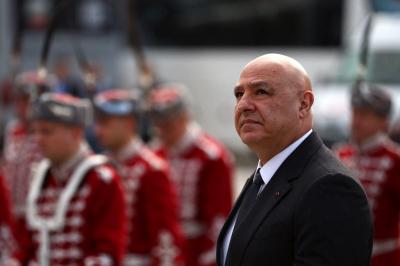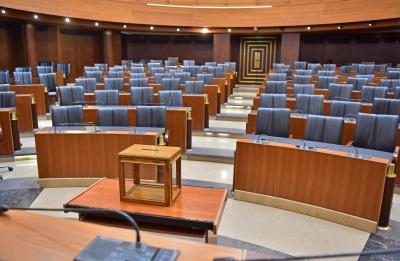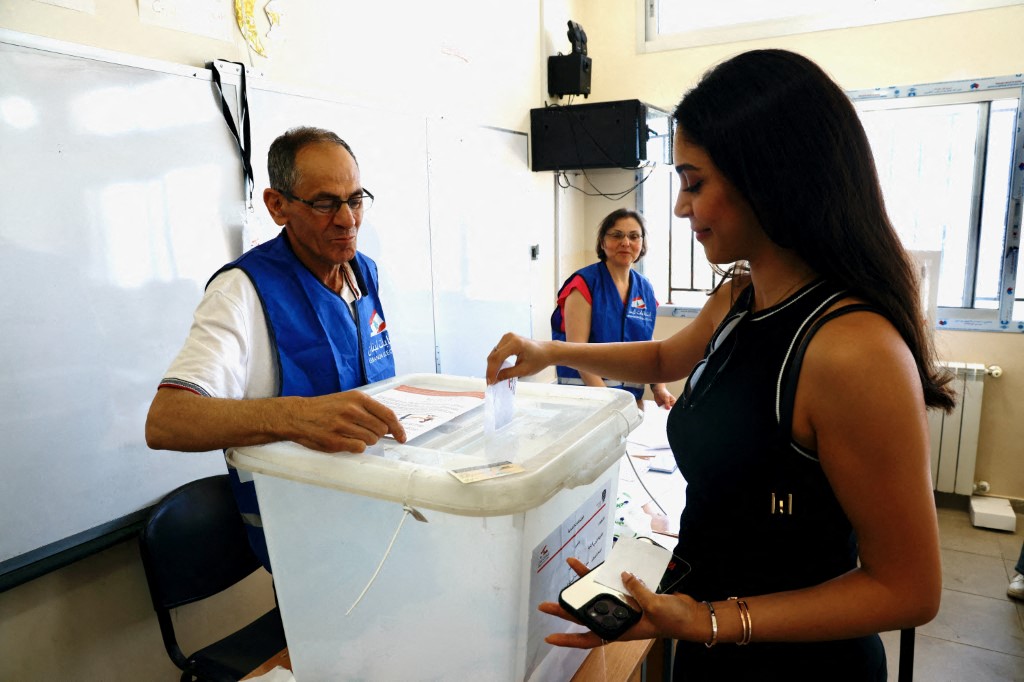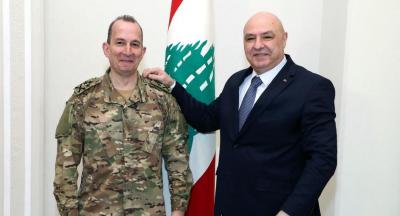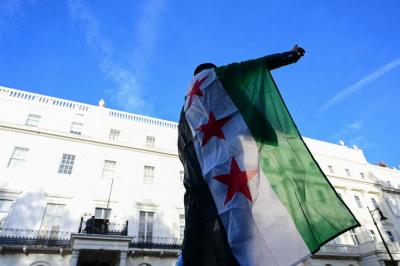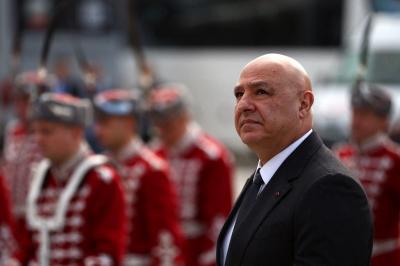With barely ten months left before the anticipated May 2026 parliamentary elections, Lebanon’s electoral machinery remains unusually idle. The volatile political landscape, compounded by pressing challenges, looms large over the electoral scene—threatening not just to shape the vote, but perhaps to sweep away the ballot boxes entirely. In a country where instability is the norm, democratic milestones tend to arrive with bated breath, while constitutional loopholes for term extensions or renewals stand ready.
The first stumbling block is the current electoral law—specifically Article 112, which allocates six parliamentary seats to expatriates, evenly split between Muslims and Christians across the continents. This provision has already been suspended during the 2018 and 2022 elections, but the dispute over it remains fierce. On one side stand the Free Patriotic Movement (FPM) and the Shiite duo—"Hezbollah" and Amal—insisting on its implementation. On the other side, a broad coalition opposes it: starting with expatriates themselves, supported by political parties led by the Lebanese Forces, independent MPs, reformists, and the Maronite Patriarchate in Bkerke.
In a pointed address from the Saint Charbel feast celebrations in Annaya, the Maronite Patriarch, Cardinal Bechara Boutros al-Rahi—speaking in the presence of the President Joseph Aoun—called for the article’s abolition. He argued that limiting expatriates to six seats violates the principle of equality between residents and the diaspora, as enshrined in the constitution, and undermines their right to full political participation.
Even setting aside the debate over representation, the mere insistence on these six expatriate seats—without a clear mechanism for their distribution by sect, continent, or polling centers—remains a political landmine. Resolving it would require liberating Parliament from Speaker Nabih Berri’s “discretionary” tactics, such as blocking the urgent proposal to repeal Article 112, or overriding internal parliamentary rules by stripping it of urgency—even though only the General Assembly can make that determination.
Yet the dominant, and potentially most explosive, factor is "Hezbollah"’s arsenal—an issue too urgent to wait for political “delays,” personal reassurances, or the slow pace of dialogue with the president. While Aoun has said that “negotiations are progressing, albeit slowly,” developments in the region are moving at breakneck speed. His assurances of “positive responses” to the ideas on the table fall short of what is required—namely, concrete measures and a timeline, not vague declarations of intent.
U.S. presidential envoy Tom Barrack delivered a sharper message on the social platform X, in what seemed a direct response to Aoun’s statements and the government’s laxism: “The credibility of the Lebanese government depends on its ability to reconcile principle with practice. As its leaders have said repeatedly, the state alone must control all weapons. As long as "Hezbollah" retains its arms, statements will not suffice.” His words echoed a blunt warning after his last visit to Beirut, when he outlined three key points:
- The disarmament of "Hezbollah" is a purely internal Lebanese matter.
- For the United States, "Hezbollah" is a terrorist organization.
- There are no guarantees, and Washington cannot compel Israel to do anything.
"Hezbollah"’s defiance, coupled with a muted presidential response, risks plunging the country into uncharted waters—opening the door to another round of Israeli strikes that could surpass the intensity of last September’s pager attacks. Should such a confrontation occur close to election time, it could derail the vote entirely.
Aside from this worst-case scenario, two other possibilities remain: either the weapons issue is resolved before the elections, or "Hezbollah" succeeds in buying time and contests the polls once again under the shadow of its arms. In either case, the weapons will dominate the elections:
- If the weapons remain, they will overshadow all campaign platforms. Economic, developmental, and reform agendas will be irrelevant—or impossible to implement—in their presence.
- If the weapons are removed, they will still define the elections, marking the most significant change from past cycles, even if the short timeline limits the practical impact. This shift would coincide with the confirmed exit of the Future Movement from politics, draining its electoral influence due to:
- The loss of the “presidency card” it leveraged in 2018 and, to a lesser extent, in 2022.
- Internal splits fracturing the movement from top to bottom.
- The fading momentum of the October 17 uprising, as the “intoxication” of the reformist wave has given way to the “hangover” of disillusionment, revealing deep divisions among its supporters and MPs, particularly over "Hezbollah"’s arms and other sovereignty issues.
The weeks and months ahead will be decisive. Only time will answer the question: Will "Hezbollah"’s weapons derail the parliamentary elections—or become their star?
Please post your comments on:
[email protected]
 Politics
Politics


